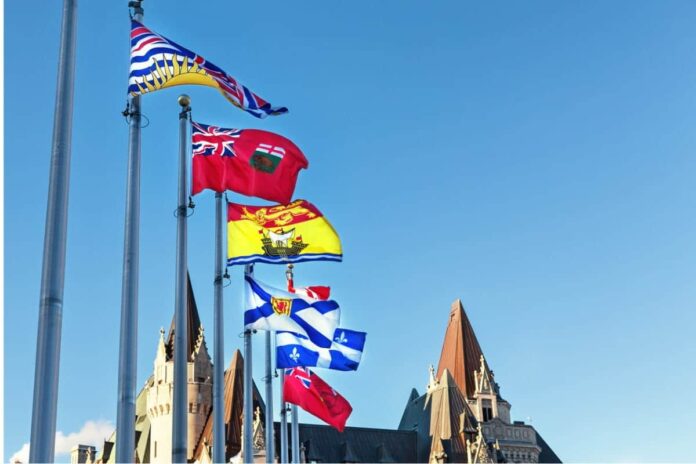“Are you looking to immigrate to Canada? The provincial nomination programs are becoming increasingly popular among applicants. But before you make the leap, it’s important to understand the implications of receiving a provincial or territorial nomination and the obligations that come with it.
## Mobility rights as a Canadian permanent resident
When it comes to Canadian immigration, section 6 of the Canadian Charter of Rights and Freedoms grants permanent residents and citizens the right to live and work in any province in Canada. This means that once you obtain permanent resident status through a federal or provincial program, you have the freedom to relocate anywhere in the country.
## Applicants selected by a province or territory
If you are selected by a province or territory for immigration, you are expected to settle in that particular province or territory. Provinces and territories strive to create conditions that attract and retain immigrants, so it’s important to comply with program requirements and maintain honesty throughout the application process.
You must demonstrate a genuine intention to reside in the province you selected in your application for permanent residence and make efforts to settle there before considering a move to another province or territory. These efforts should be well-documented, as they may be crucial when applying for Canadian citizenship in the future.
## Applicants selected by the federal government
On the other hand, if you are selected through a federal immigration program, you are not obligated to commit to a specific province or territory. This gives you the flexibility to choose where you want to settle in Canada.
## Demonstrating intent to reside
To prove your intention to reside in a particular province, you can provide documents showing current or previous employment, job offers, education, volunteer work, lease agreements or property ownership, professional networks, family ties, personal relationships, and previous visits to the province.
## Consequences for misrepresenting intent to reside
If you fail to follow through on your intention to reside in the nominating province or territory, you could face consequences such as being reported for non-compliance or even losing your permanent resident status for misrepresentation.
It’s crucial to consult with an authorized immigration lawyer if you have been nominated by a province or territory or want to understand program requirements better.
Before you take the next steps in your Canadian immigration journey, make sure you are fully aware of the obligations and responsibilities that come with a provincial or territorial nomination. Immigrating to Canada is a significant decision, and it’s essential to approach it with honesty and integrity.”
Reference















